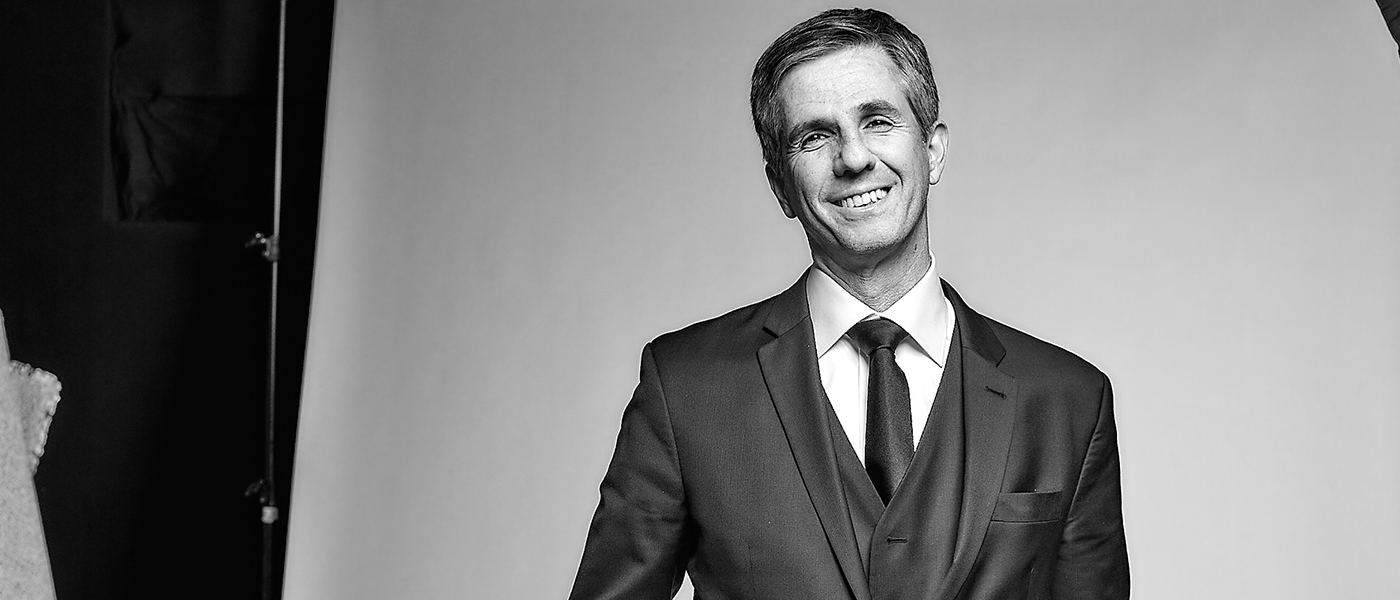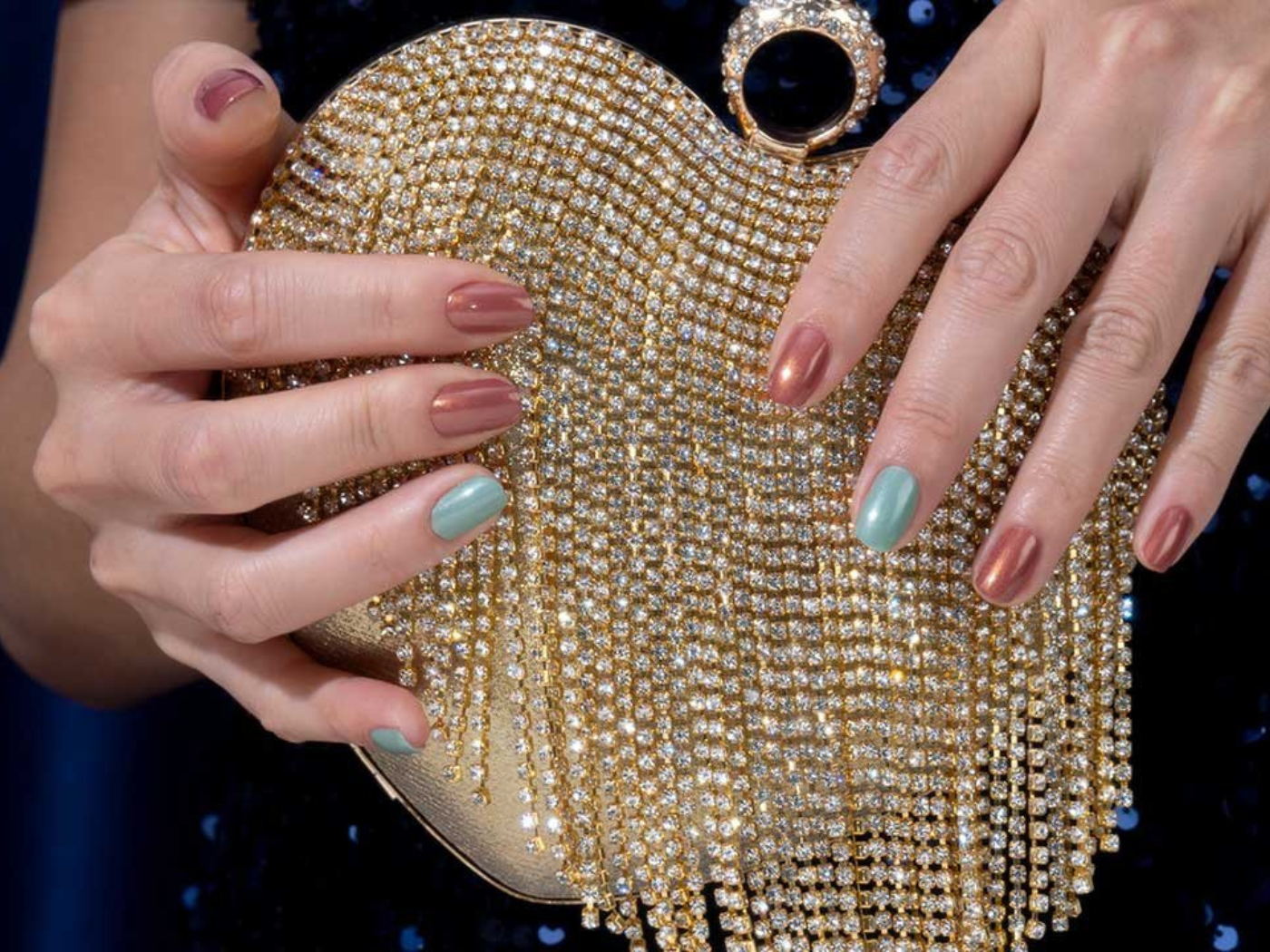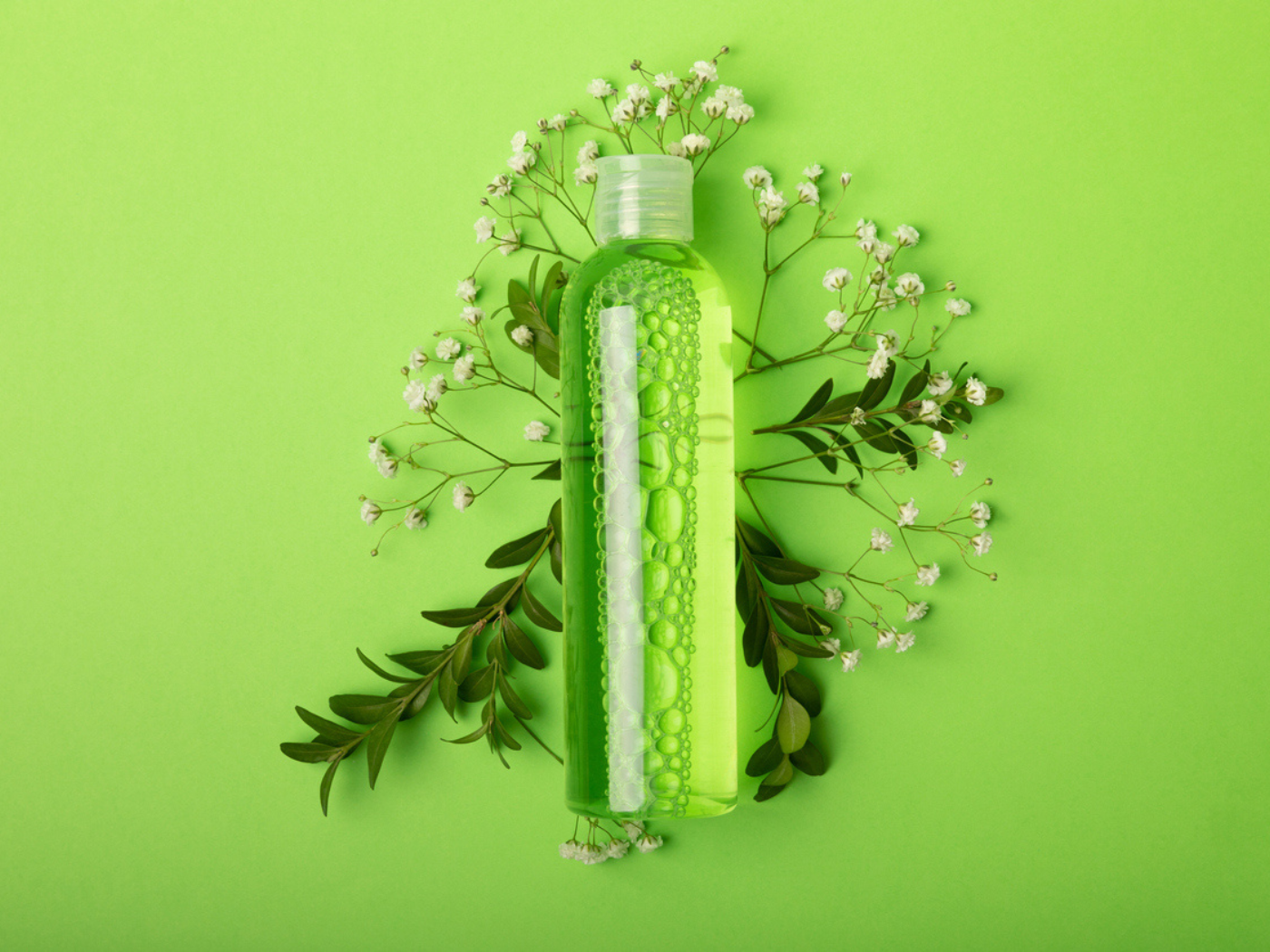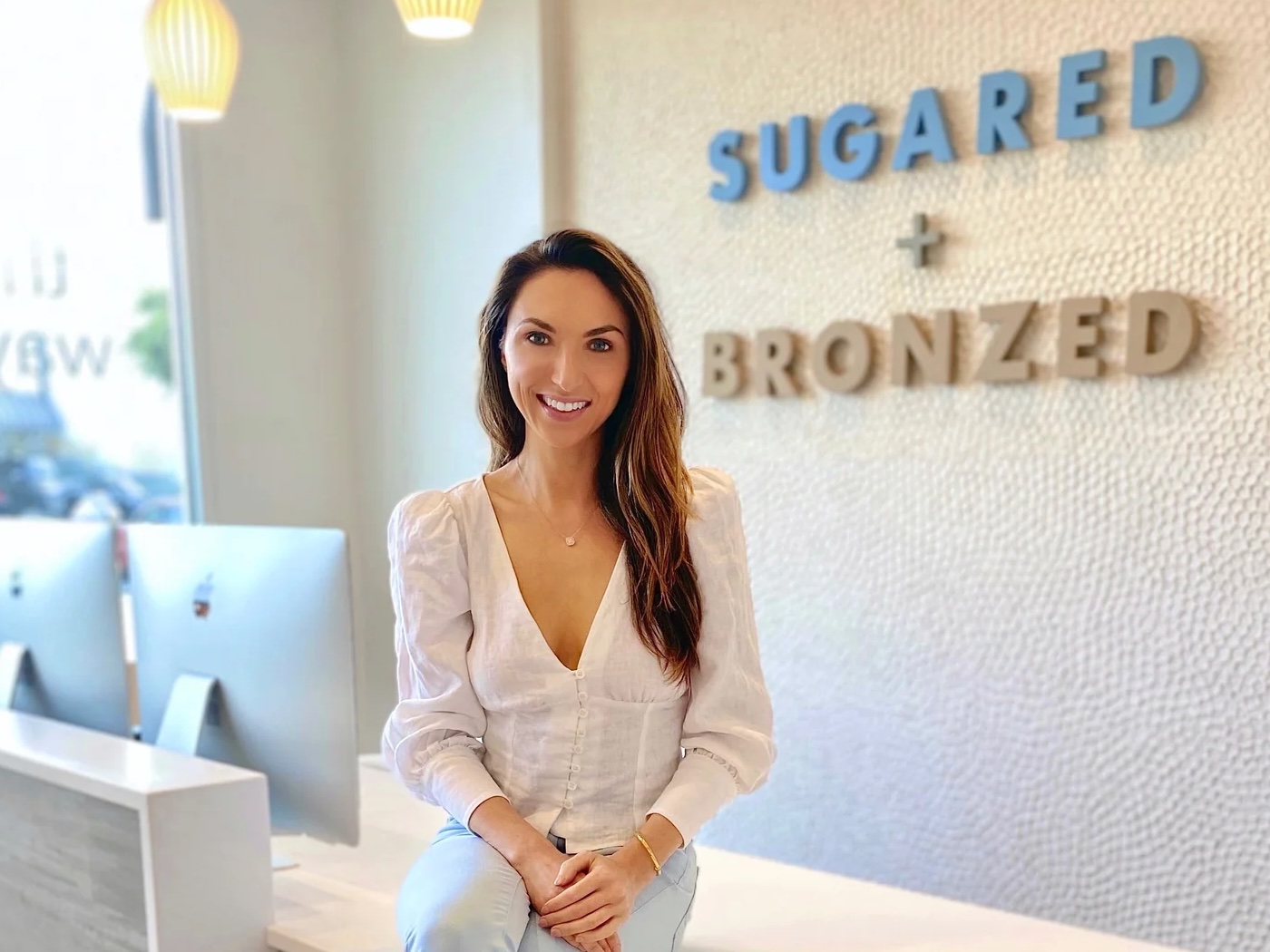Many executives are looking at the challenges from the past 12 months as the spark that has accelerated innovation in the beauty industry. From newness in ecommerce, sampling and delivery services, beauty has had to develop and execute solutions faster than ever, and adapt to new consumer behavior and buying habits. CEW Beauty News recently spoke with Denis Ferenc, Group President, Global Fine Fragrance, IFF, about how he sees the past year as impacting beauty, specifically fragrance, and how the crisis will leave its imprint on beauty in terms of innovation. “When you look at our society over the last 1,000 years, every 150 to 200 years you see a big change evolving. We can’t really see what the biggest changes yet are going to be [from this pandemic], but we are definitely at one of those tipping points,” said Denis.
Beauty News: Have your belief and trusts in the macro dynamics of the beauty industry, and fragrance, changed due to the pandemic?
Denis Ferenc: The answer is no, but what has happened is that some of them have really accelerated or become much bigger, putting urgency on some dynamics such as e-commerce and digitalization. From a holistic perspective, content has become a key component to connect with customers. Brands are taking an active and much broader role now. Rather than just fulfilling the needs of consumers they encompass, they now need to protect the planet, its people, and society. Part of that transformational push is coming from Gen Z, who has been the earliest adopters of this new mindset and started the movement, pushing brands to transform faster. The offering will now become broader and richer, providing options and choices. Things like e-commerce before the crisis was important, but during and after the pandemic it’s absolutely essential. The need for strong effective digital content was important before, but after the crisis, we have an absolutely burning platform, I would say. There’s also the need to act faster. They say, ‘Never waste a good crisis.’ This is by no means good, it is sad in many, many ways, but it’s still a crisis.
BN: Has the role of fragrance changed during the pandemic?
DF: Prior to the pandemic, fragrance was an extra element to dressing, an unnecessary accessory. And at the beginning of the pandemic people obviously jumped into necessary products or those that were for protection. At first, fragrances showed resiliency, evolving from attributes linked to socialization through the lens of “me + others.” An ongoing IFF COVID tracker (Phase 1, April; Phase 2, August) which monitors the behaviors and needs of about 9,000 consumers in 13 countries, revealed that during the first lockdown, consumers used fragrances for different attributes related to well-being and happiness; seduction and hedonics, which are typically at the top, were lower in the order of importance at that time. We then discovered that seduction and hedonics rose to its typical standing at the top, alongside well-being and happiness, during the second phase, as well-being and happiness remained of high importance to consumers during COVID. This has proven that fragrances have naturally become part of the COVID beauty ritual and perhaps is one of the explanations of the high performance of fragrance among all beauty product categories.
BN: Has the consumption changed, have the touch points changed?
DF: Other categories took a more critical and urgent role at the beginning of the pandemic (protection, safety, basic needs, etc.); once those needs were covered, consumers have been looking at indulging in products to cover more emotional needs and obviously fragrances have played an important role there. Interestingly enough the IFF COVID tracker (Phase 1), showed us that the boundaries between the different product categories blurred. A particular product category became less clear and relevant, while consumers were looking to scent their space, which proved the power of scent can make you feel better. There are vast amounts of literature that discuss how scents connect feeling good to boosting your immune system.
BN: What type of new alternative products could emerge?
DF: While traditional product formats will remain, there is white space for new product formats and benefit. Today customers find it more important to purchase products with added benefits rather than the traditional product format; in the end people want to incorporate scents back into their lives.
BN: How has the purchase journey changed?
DF: Fragrances are finding their way back in the daily COVID beauty ritual resulting in several things, including great work being done by our customers to allow easier access to our products in this new multichannel reality (the issue wasn’t a crisis of demand but rather a challenge for consumers to access the products). Also, consumers are rediscovering additional benefits in fine fragrance that were not as well known before. Fragrances are now also being used as an entry into luxury.




